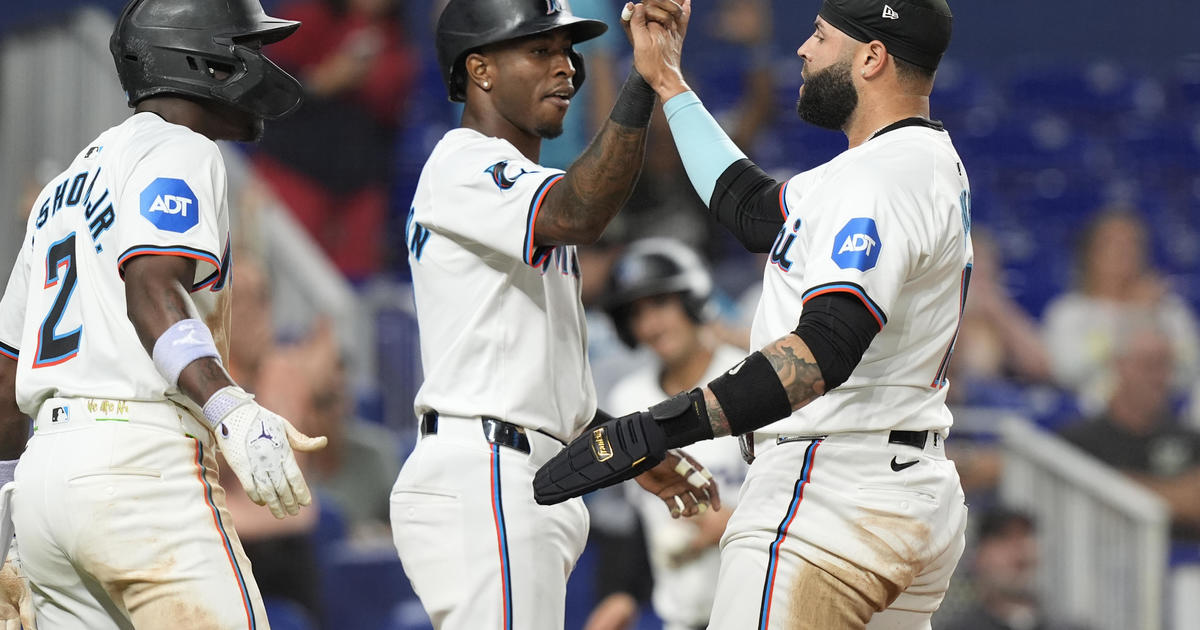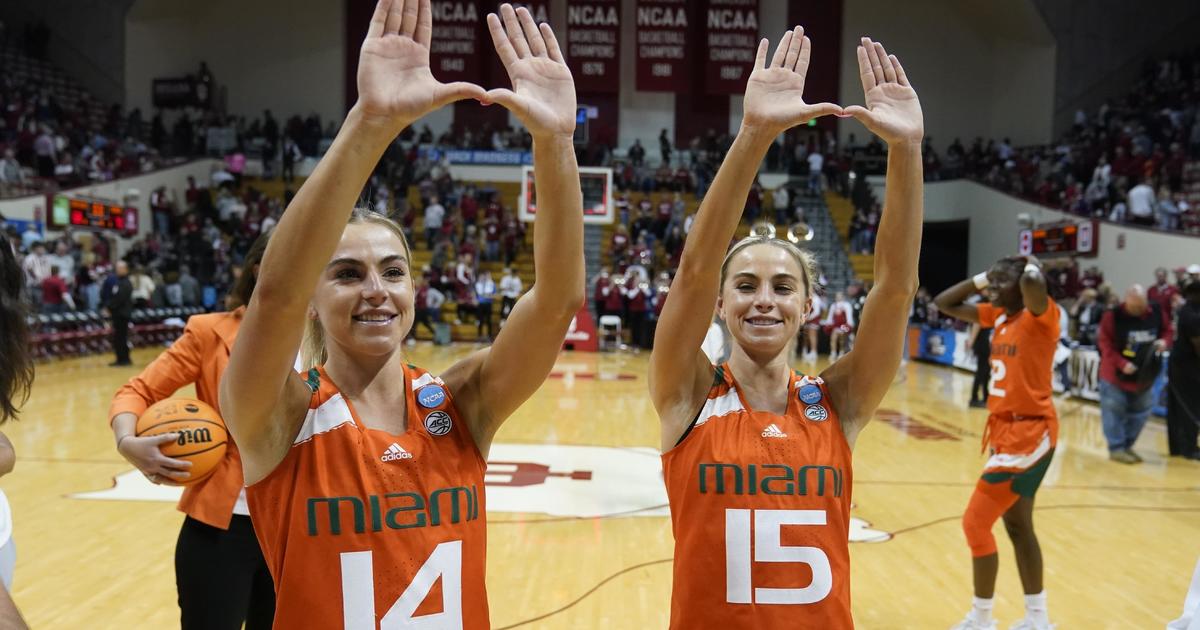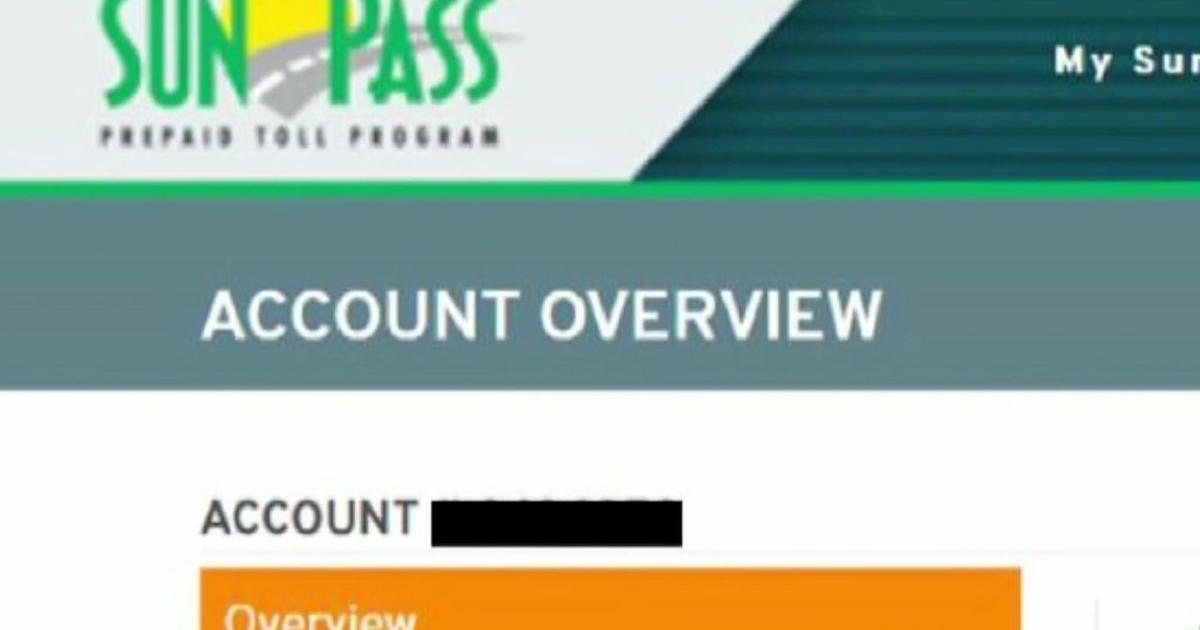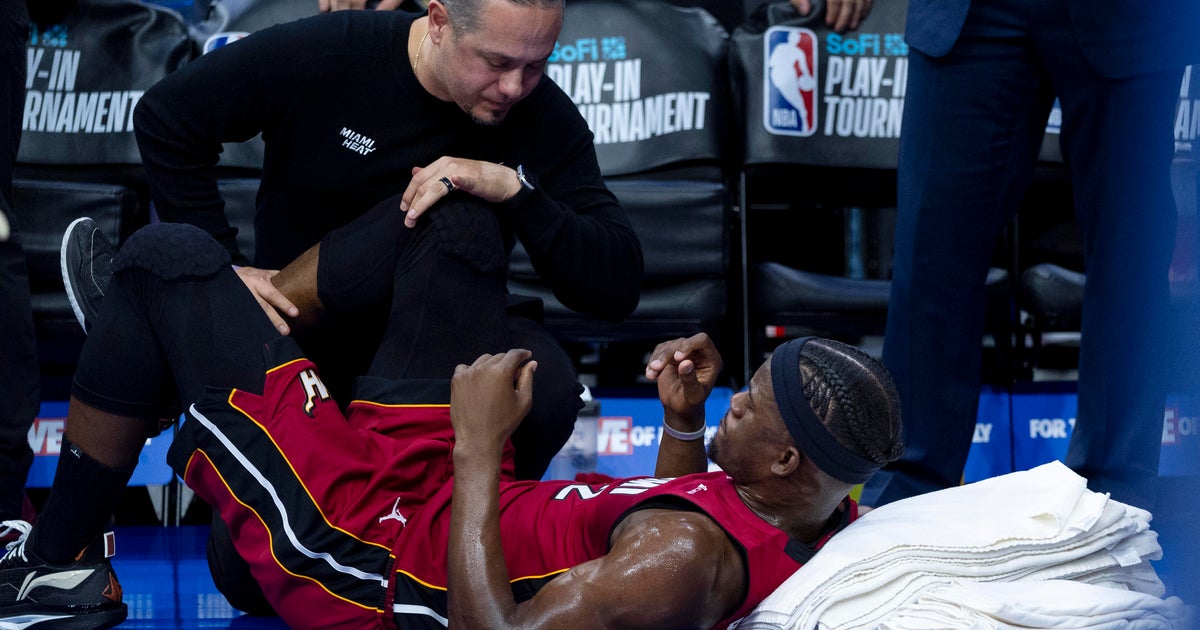Understanding The NCAA's Rules & Next Moves
MIAMI (CBSMiami) – The NCAA rulebook can be a jumbled mess at times, but the University of Miami and former UM coaches are about to find out about section 10.1 of the rulebook, according to CBSSports.com.
So what does section 10.1 of the NCAA rulebook say?
It defines "unethical conduct by a prospective or enrolled student-athlete or a current or former institutional staff member (e.g., coach, professor, tutor, teaching assistant, student manager, student trainer)."
The rule has nine parts and a violation of any of them can trigger a violation of rule 10.1. If the allegations reported by CBSSports.com are accurate, then former UM coaches could have run afoul of any of the following sections of the rule:
- Refusal to furnish information relevant to an investigation of a possible violation of an NCAA regulation when requested to do so by the NCAA or the individual's institution
- Knowing involvement in offering or providing a prospective or an enrolled student-athlete an improper inducement or extra benefit or improper financial aid
- Knowingly furnishing the NCAA or the individual's institution false or misleading information concerning the individual's involvement in or knowledge of matters relevant to a possible violation of an NCAA regulation;
- Receipt of benefits by an institutional staff member for facilitating or arranging a meeting between a student-athlete and an agent, financial advisor or a representative of an agent or advisor (e.g., "runner)
Beyond the NCAA allegations the former coaches could face, there's also a possibility the University of Miami could receive the dreaded "lack of institutional control" charge by the NCAA.
The NCAA says a lack of institutional control charge is based on when the Committee on Infractions determines that major violations occurred and the institution failed to display: "adequate compliance measures; appropriate education on those compliance measures; sufficient monitoring to ensure the compliance measures are followed; and swift action upon learning of a violation."
The lack of institutional control charge is the gateway to the so-called "death penalty" from the NCAA. The death penalty is the complete shutdown of a program for up to two years. However, after giving SMU the death penalty in the 1980's, it's never been used again on a major institution's football program.
Once UM receives its notice of allegations, where the NCAA outlines the specific charges and investigative findings, the school will have 90 days to respond. UM can take two different paths in its response.
The school could agree with the findings of the investigation and proceed immediately to summary disposition. This would involve the school and enforcement staff agreeing on the facts and a set of penalties to be imposed.
However, UM could choose to request a hearing before the Committee on Infractions, which could happen around June 2013. Once the school has appeared before the COI, it takes anywhere from 4-6 months for a final decision to be rendered and sanctions to be handed down.
The Committee on Infractions added eight members recently and will have 18 total members. According to NBCSports.com, the newest members include:
- Lloyd Carr, former University of Michigan head coach
- Michael Adams, former University of Georgia president
- Norman bay, director of enforcement for the Federal Energy Regulatory Commission
- Carol Cartwright, former president of Bowling Green and Kent State
- Bobby Cremins, former Georgia Tech men's basketball head coach
- Thomas Hill, senior v.p. of student affairs at Iowa State
- Joel Maturi, former University of Minnesota athletic director
- Sanker Suryanarayan, university counsel at Princeton University



